
Tell your friends about this item:
Latin America and the Caribbean
Congressional Research Service
Latin America and the Caribbean
Congressional Research Service
Geographic proximity has ensured strong linkages between the United States and Latin America and the Caribbean. The United States is a major trading partner and the largest source of foreign investment for many countries in the region, with free-trade agreements enhancing economic linkages with 11 countries. The region is a large source of U. S. immigration, both legal and illegal; geographic proximity and economic and security conditions are major factors driving migration trends. Curbing the flow of illicit drugs has been a key component of U. S. relations with the region for more than three decades and currently involves close security cooperation with Mexico, Central America, and the Caribbean. U. S. support for democracy and human rights in the region has been long-standing and currently focuses on Cuba and Venezuela. Under the Trump Administration, the outlook for U. S. relations with Latin America and the Caribbean has changed. The Administration's FY2018 and FY2019 foreign aid requests for the region would significantly cut assistance compared with FY2017. On trade, President Trump ordered U. S. withdrawal from the proposed Trans-Pacific Partnership trade agreement, an accord that would have increased U. S. economic linkages with Mexico, Chile, and Peru. The Administration is renegotiating the North American Free Trade Agreement (NAFTA) with Mexico and Canada. At times, President Trump has raised the possibility of withdrawal from NAFTA. The Administration announced it would end the deportation relief program known as Deferred Action for Childhood Arrivals (DACA), potentially affecting some 550,000 Mexicans and more than 100,000 migrants from other countries in the region. It also announced the termination of Temporary Protected Status (TPS) designations for El Salvador, Haiti, and Nicaragua, affecting more than 300,000 nationals from those countries. President Trump unveiled a new policy toward Cuba that partially rolls back U. S. efforts to normalize relations. As the situation in Venezuela has deteriorated, the Trump Administration has imposed additional targeted sanctions on individuals and broader financial sanctions on the government and is considering restrictions on oil trade. Congress traditionally has played an active role in policy toward Latin America and the Caribbean in terms of both legislation and oversight. Although Congress has not completed action on FY2018 foreign aid appropriations, it is poised to not include many of the cuts proposed by the Trump Administration for the region and will soon begin consideration of the FY2019 budget request. To date in the 115th Congress, the House has approved bills on Nicaragua and Venezuela: H. R. 1918 would require the United States to vote against any loan to Nicaragua from the international financial institutions unless the government takes steps to hold free and fair elections, and H. R. 2658 would authorize humanitarian assistance for Venezuela. Looking ahead, congressional attention to the region could focus on numerous issues, including consideration of legislation affecting DACA recipients or TPS beneficiaries; the U. S. response to the crisis in Venezuela; the Administration's efforts to renegotiate NAFTA; Cuba's expected political transition; the status of security partnerships with Mexico, Central America, and the Caribbean to combat transnational crime; Colombia's implementation of its peace accord; and the role of external actors in the region, including China and Russia. This report provides an overview of U. S. policy toward Latin America and the Caribbean during the 115th Congress. It begins with background on the region's political and economic environment and then examines U. S. policy toward the region, focusing on the Trump Administration. The report then examines selected regional and country issues, highlighting congressional interest and legislative action. An Appendix lists hearings on the region in the 115th Congress.
| Media | Books Paperback Book (Book with soft cover and glued back) |
| Released | March 11, 2018 |
| ISBN13 | 9781986400244 |
| Publishers | Createspace Independent Publishing Platf |
| Pages | 46 |
| Dimensions | 216 × 280 × 3 mm · 131 g |
| Language | English |
More by Congressional Research Service
More from this series
See all of Congressional Research Service ( e.g. Paperback Book and Book )

 Christmas presents can be returned until 31 January
Christmas presents can be returned until 31 January


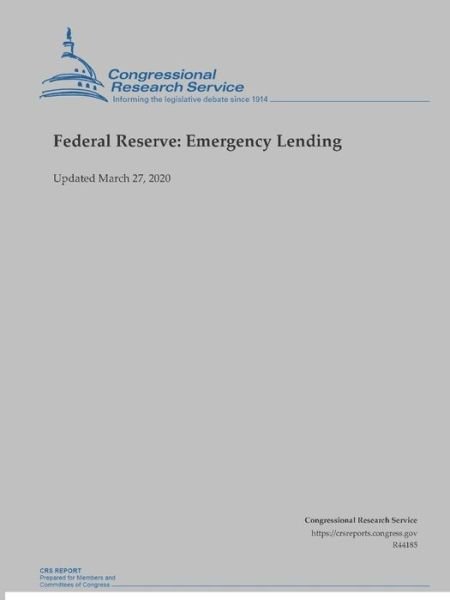
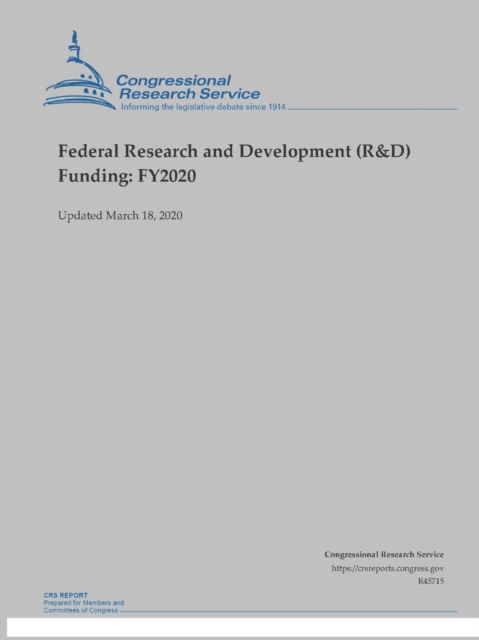
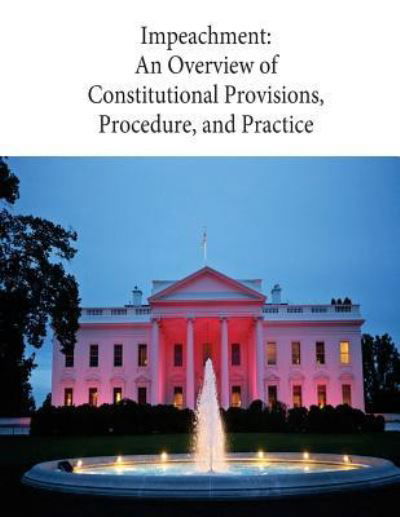
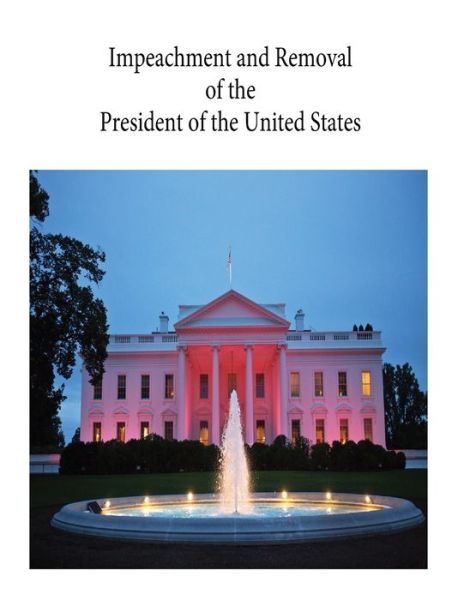
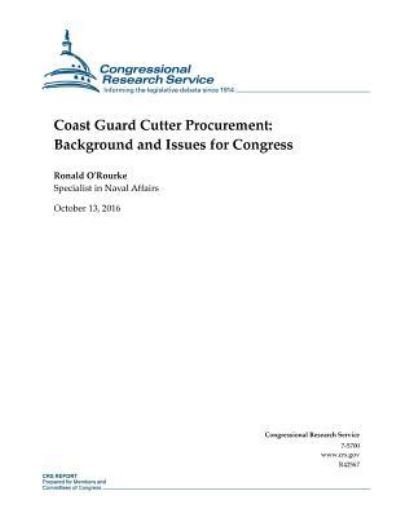
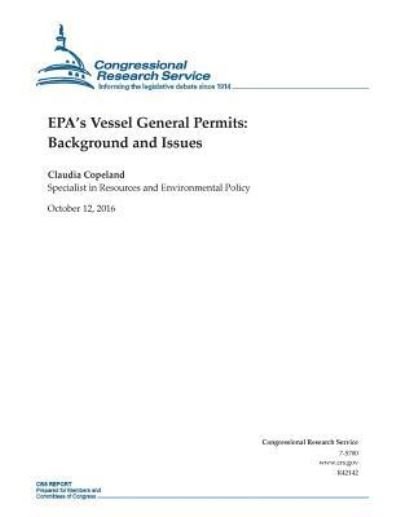
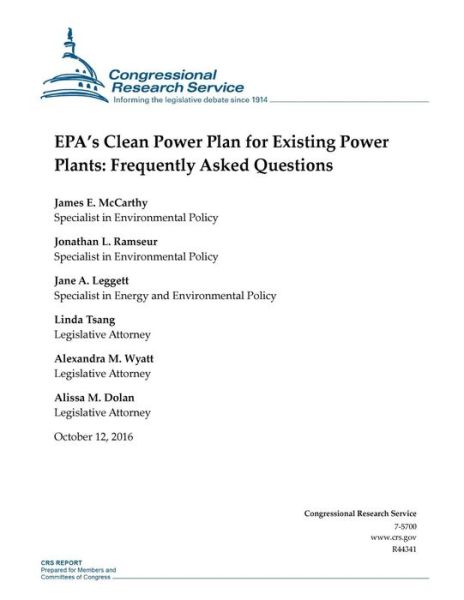
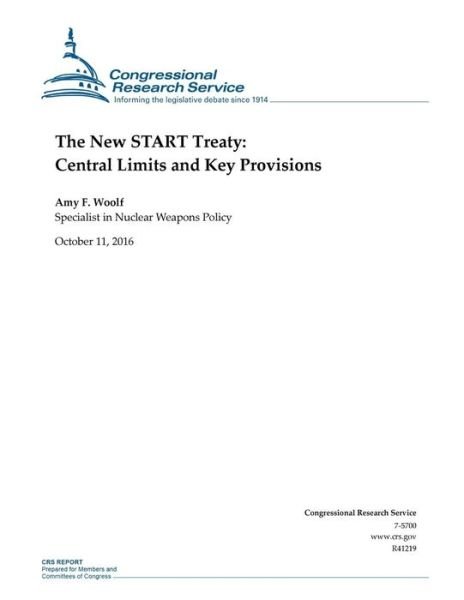
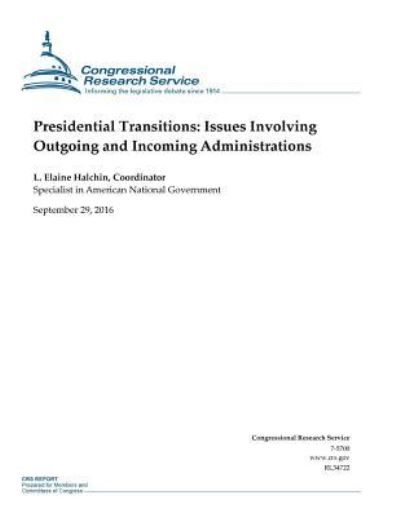
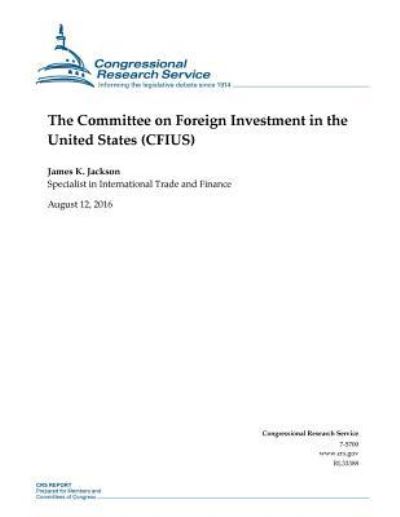


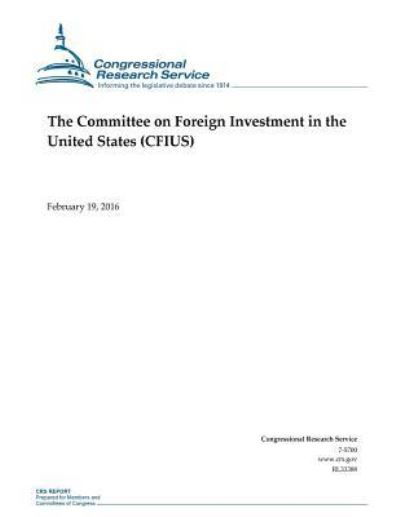


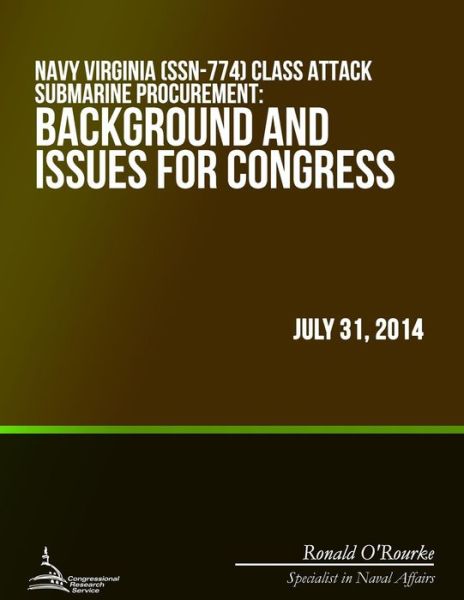

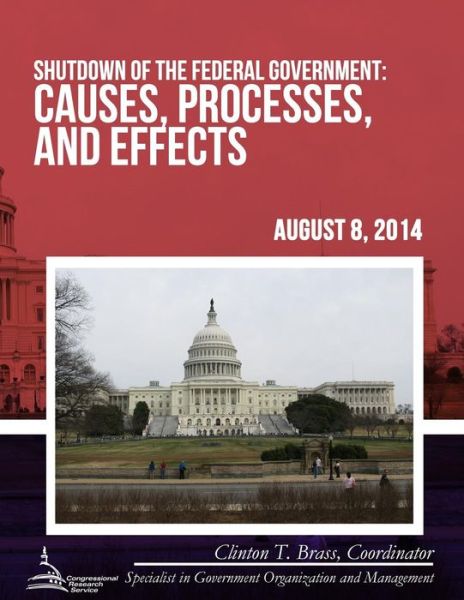
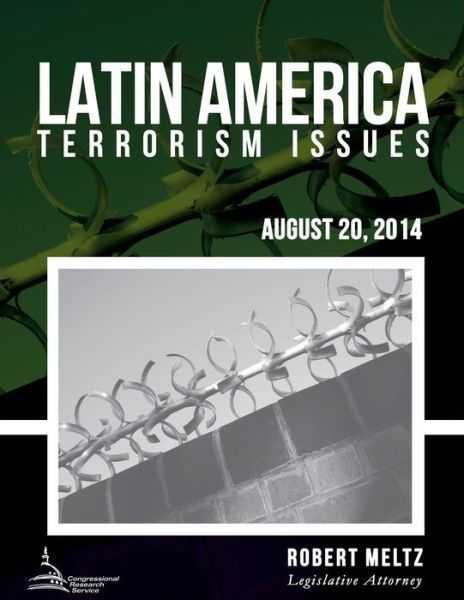

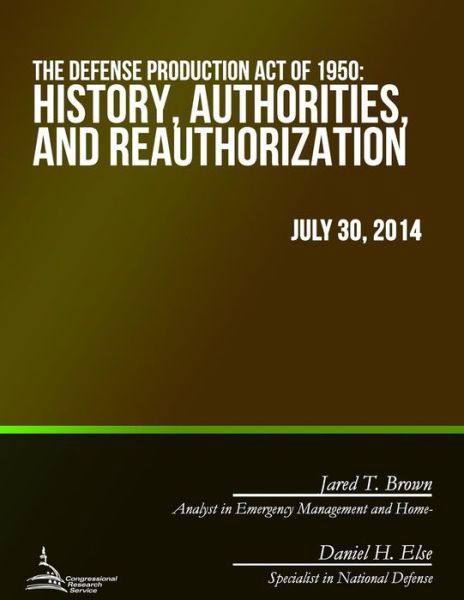
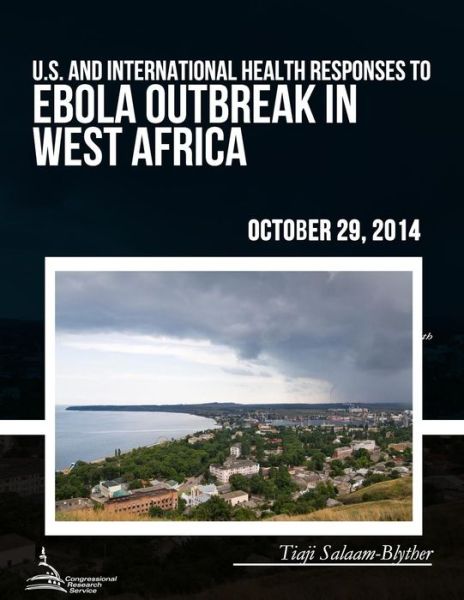
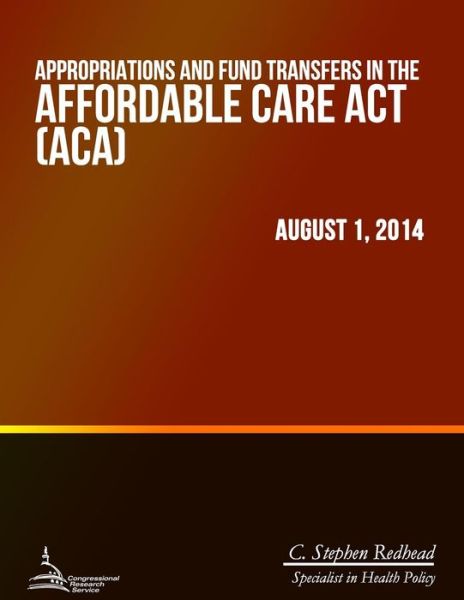
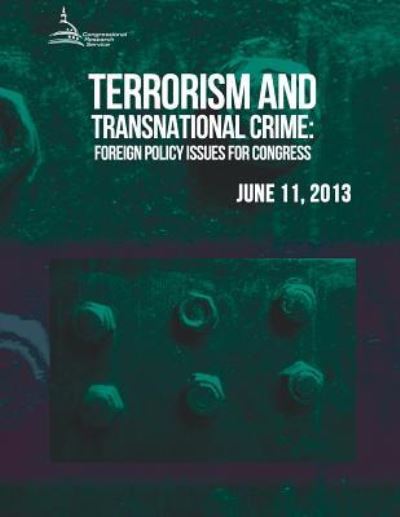


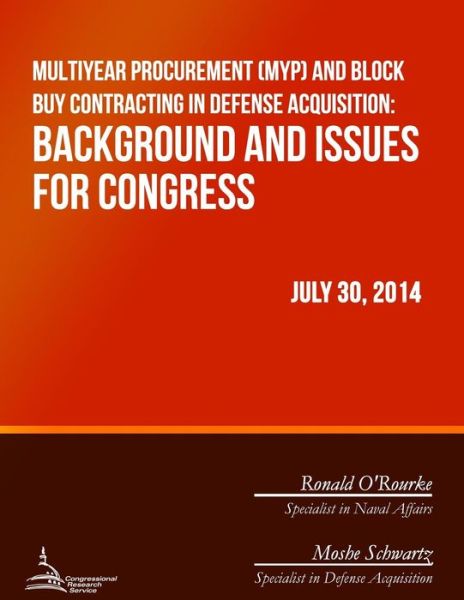

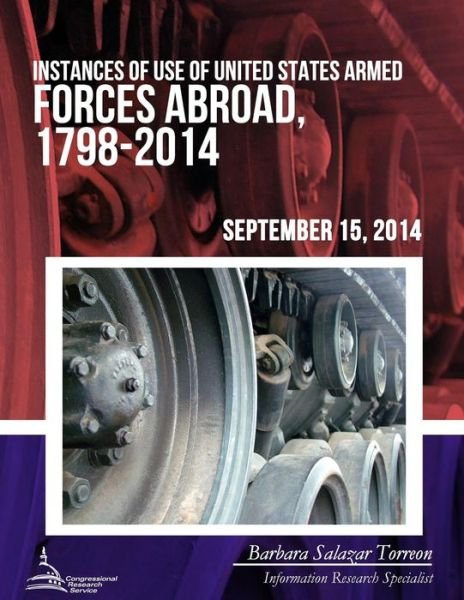

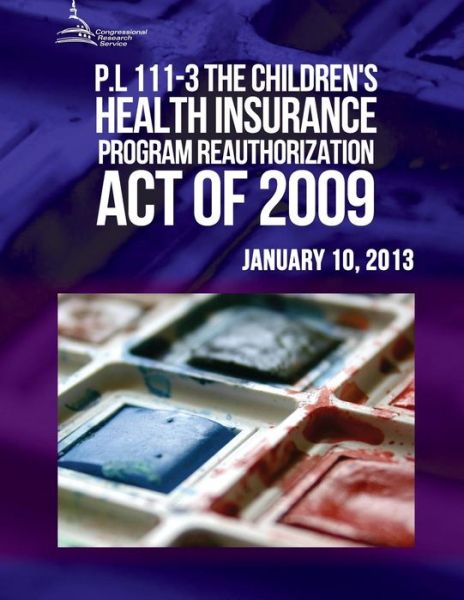

![Cover for Congressional Research Service · Latin America and the Caribbean: Key Issues for the 113th Congress (Crs Reports) (Paperback Book) [R42956 edition] (2014)](https://imusic.b-cdn.net/images/item/original/076/9781505877076.jpg?congressional-research-service-2014-latin-america-and-the-caribbean-key-issues-for-the-113th-congress-crs-reports-paperback-book&class=scaled&v=1454076500)
